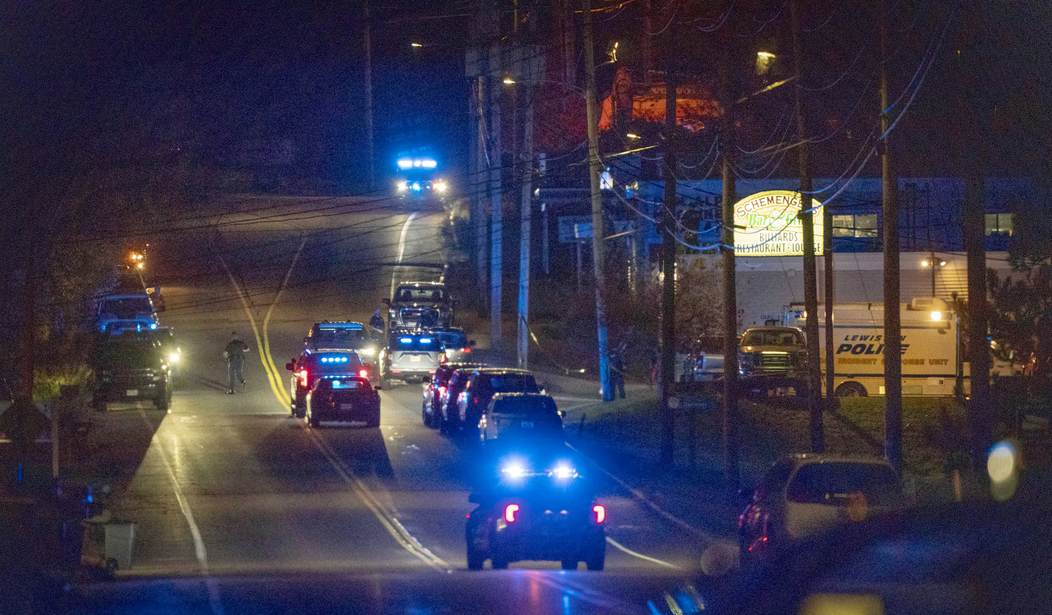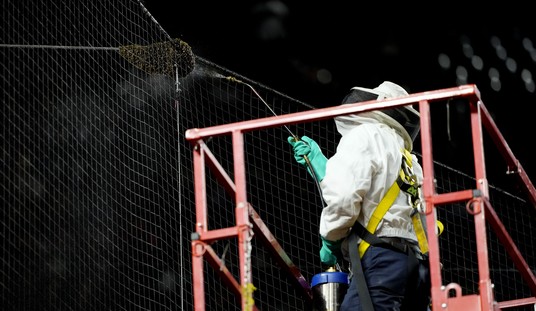About six months after Richard Card carried out a brutal shooting rampage in Lewiston, Maine, the state legislature has passed three significant gun control bills supposedly aimed at preventing future tragedies. The legislation highlights concerns over mass shootings and other forms of gun violence.
The state legislature is enacting several laws related to background checks, mental health, and safety.
The first is LD 2224: “An Act to Strengthen Public Safety by Improving Maine’s Firearm Laws and Mental Health System.”
LD 2224 expands background check requirements for firearm transfers, makes minor changes to the state’s yellow-flag law, and adds investments in Maine’s mental health system and violence prevention programs.
The second is LD 2238: “An Act to Address Gun Violence in Maine by Requiring a Waiting Period for Certain Firearm Purchases”
LD 2238 would require a 72-hour waiting period after the purchase of a firearm.
The third bill passed by the legislature is LD 2086: “An Act to Amend the Law Governing the Disposition of Forfeited Firearms.” This bill would update Maine law to include conversion devices, such as bump stocks, in the definition of a “machine gun” and to make Maine law consistent with federal law.
The omnibus gun safety bill also strengthens the state’s yellow flag laws while making it a crime to sell a gun to a prohibited person. The red flag proposal, in particular, would make it easier for the state to take people’s firearms.
One initiative, the red flag proposal, would allow family members to petition a judge to remove guns from someone’s home. The proposal differs from the state’s current yellow flag law that puts law enforcement officers — not the individual’s parents, siblings or children — in the lead of the process.
The initiative was proposed as police were warned by family members of the shooter, an Army reservist who took his own life after the deadly rampage.
Indeed, in Card’s case, as with many others, he had exhibited clear signs of potential violent inclinations in the years leading up to the shooting. His fellow service members warned that he threatened to shoot up the military base. An independent commission essentially found that more gun control laws would not have stopped the shooting.
The report details the warning signs that were brought to the attention of law enforcement before Card carried out the mass shooting.
In May, relatives warned police that Card had grown paranoid, and they expressed concern about his access to guns. In July, Card was hospitalized in a psychiatric unit for two weeks after shoving a fellow reservist and locking himself in a motel room. In August, the Army barred him from handling weapons while on duty and declared him nondeployable. And in September, a fellow reservist texted an Army supervisor about his growing concerns about Card, saying, “I believe he’s going to snap and do a mass shooting.”
But law enforcement officials told commission members that Maine’s yellow flag law makes it difficult to remove guns from potentially dangerous people.
“I couldn’t get him to the door. I can’t make him open the door,” said Sgt. Aaron Skolfield, who visited Card’s home for a welfare check in September. “If I had kicked in the door, that would’ve been a violation of the law.”
These revelations fly in the face of the gun control lobby, which tends to exploit these tragedies to push its agenda to disarm Americans. Of course, the anti-gunner folks would suggest this means Maine needs stricter laws regarding firearms. However, even without red flag laws, making threats is illegal. Card made multiple threatening statements to fellow soldiers before he finally acted. It seems apparent that law enforcement could have done more to avoid the brutal murder of 18 people.
The debate over the various gun control laws passed in multiple states as a response to mass shootings has been ongoing as other states enact measures intended to stop would-be mass shooters without infringing on the Second Amendment.
The legislation appears to be a critical turning point in Maine’s approach to gun violence and the right to keep and bear arms. Its legislature seems to have successfully used Card’s atrocity to further restrict gun rights among law-abiding residents.













Join the conversation as a VIP Member